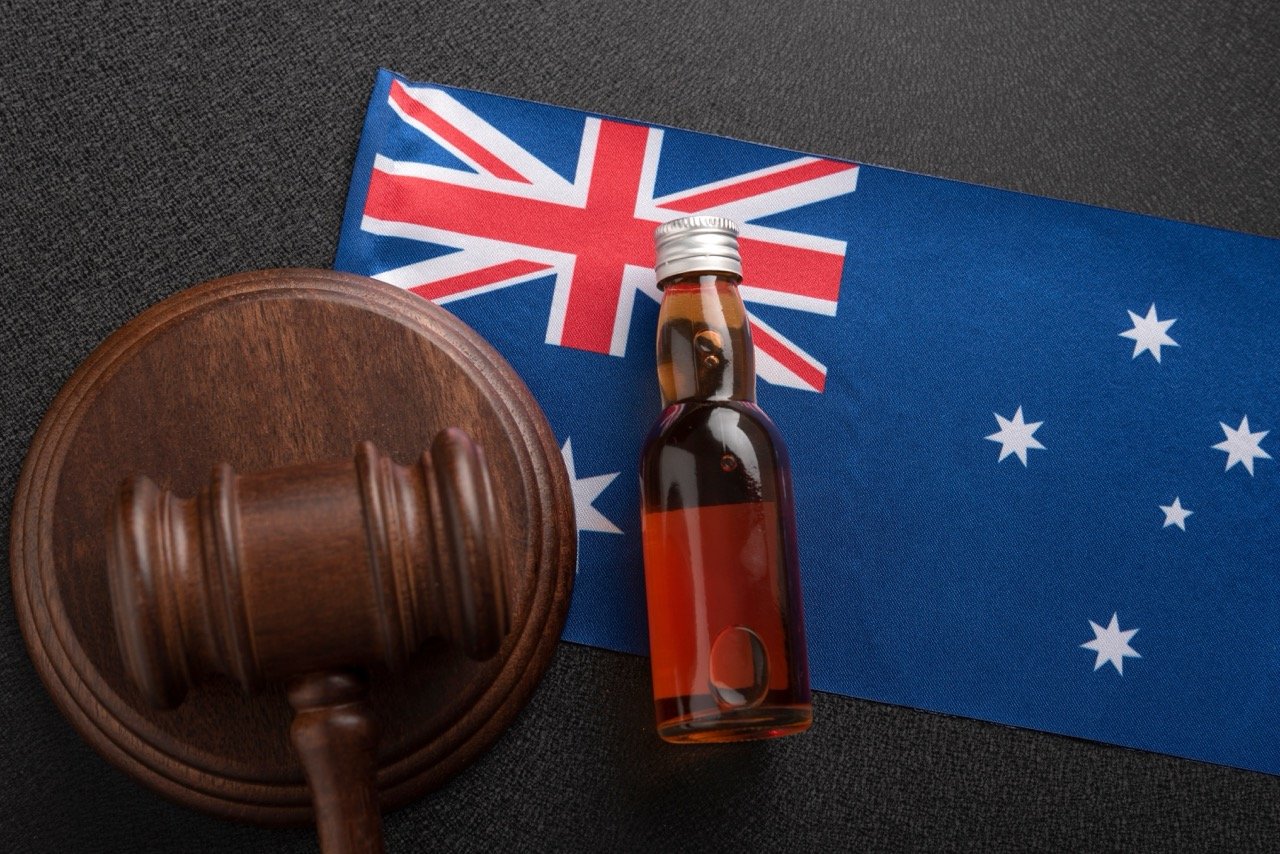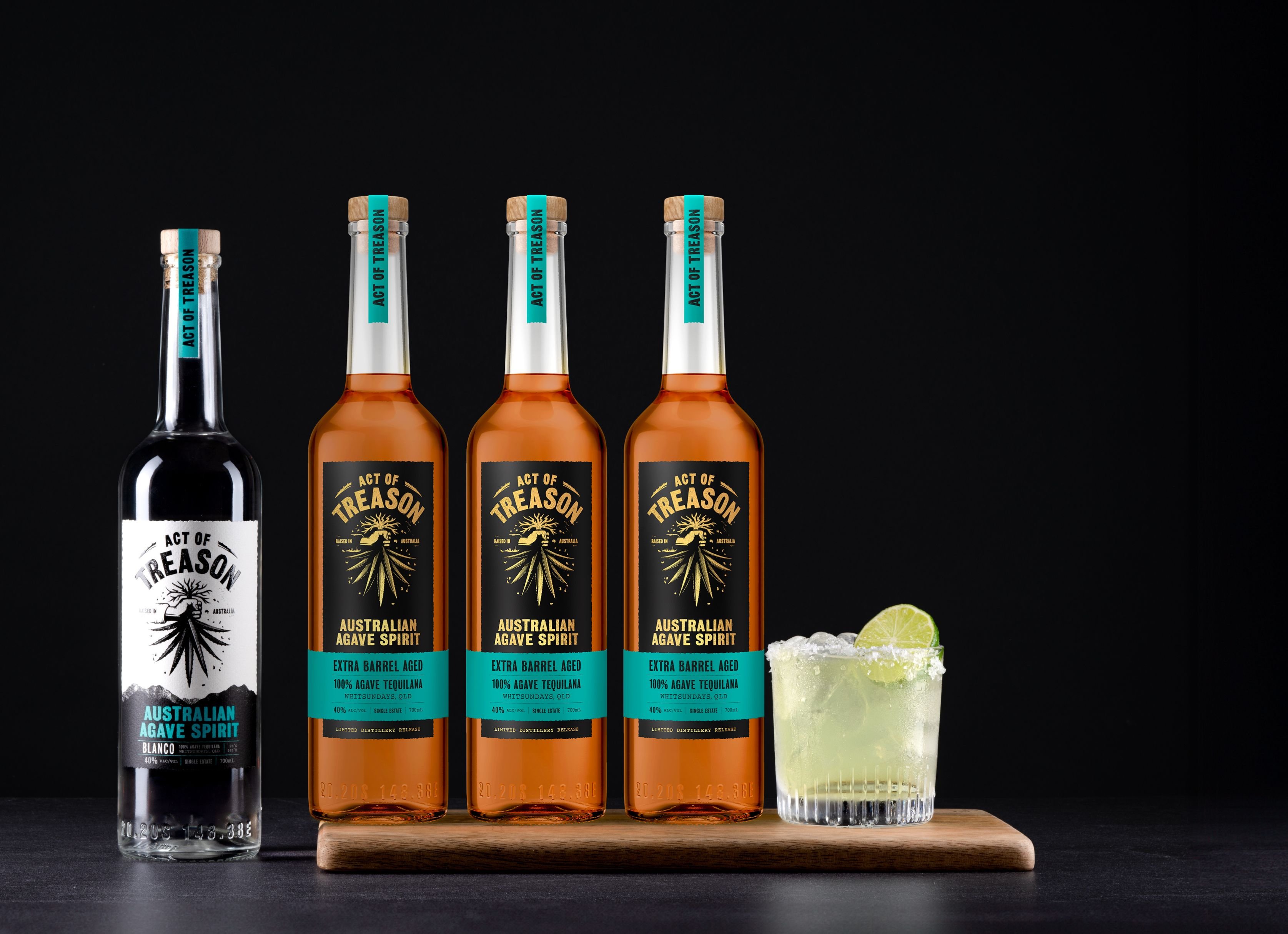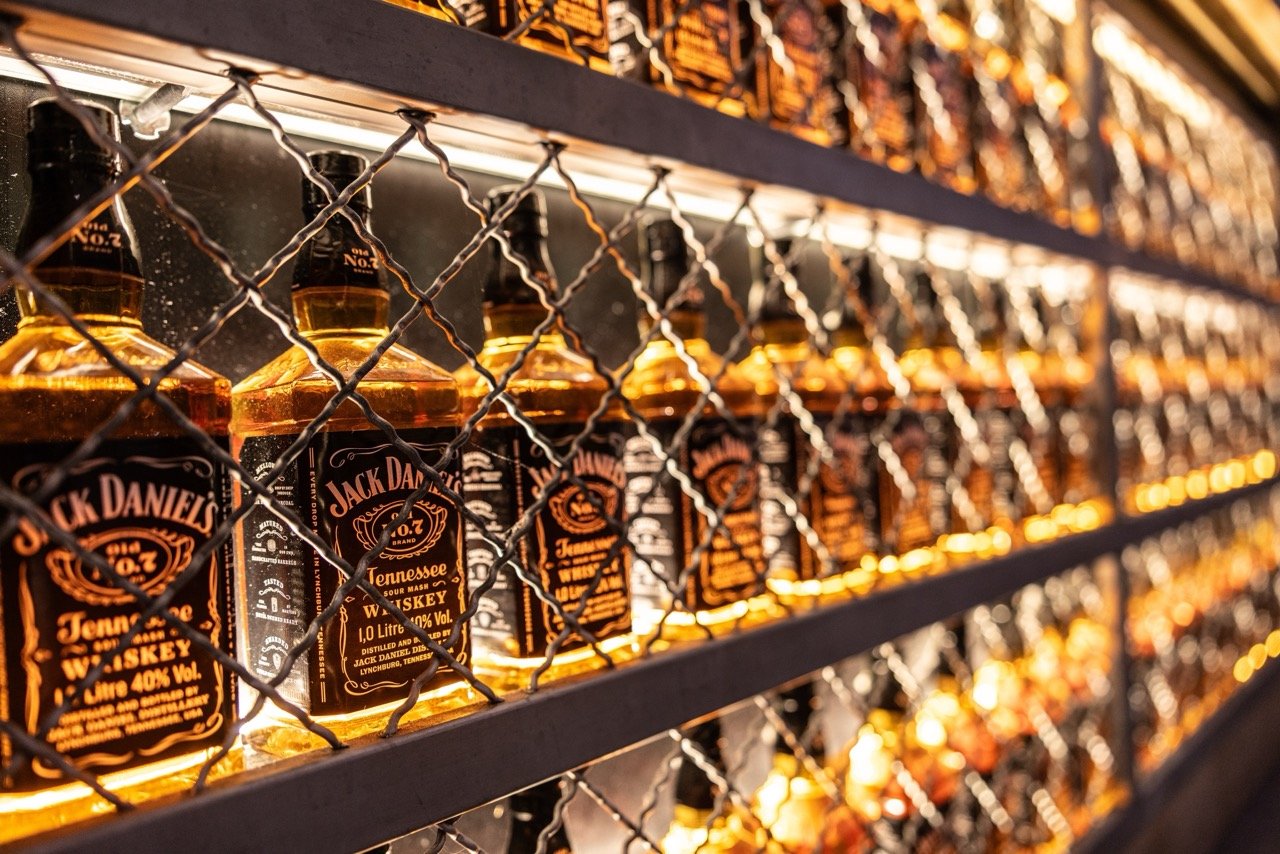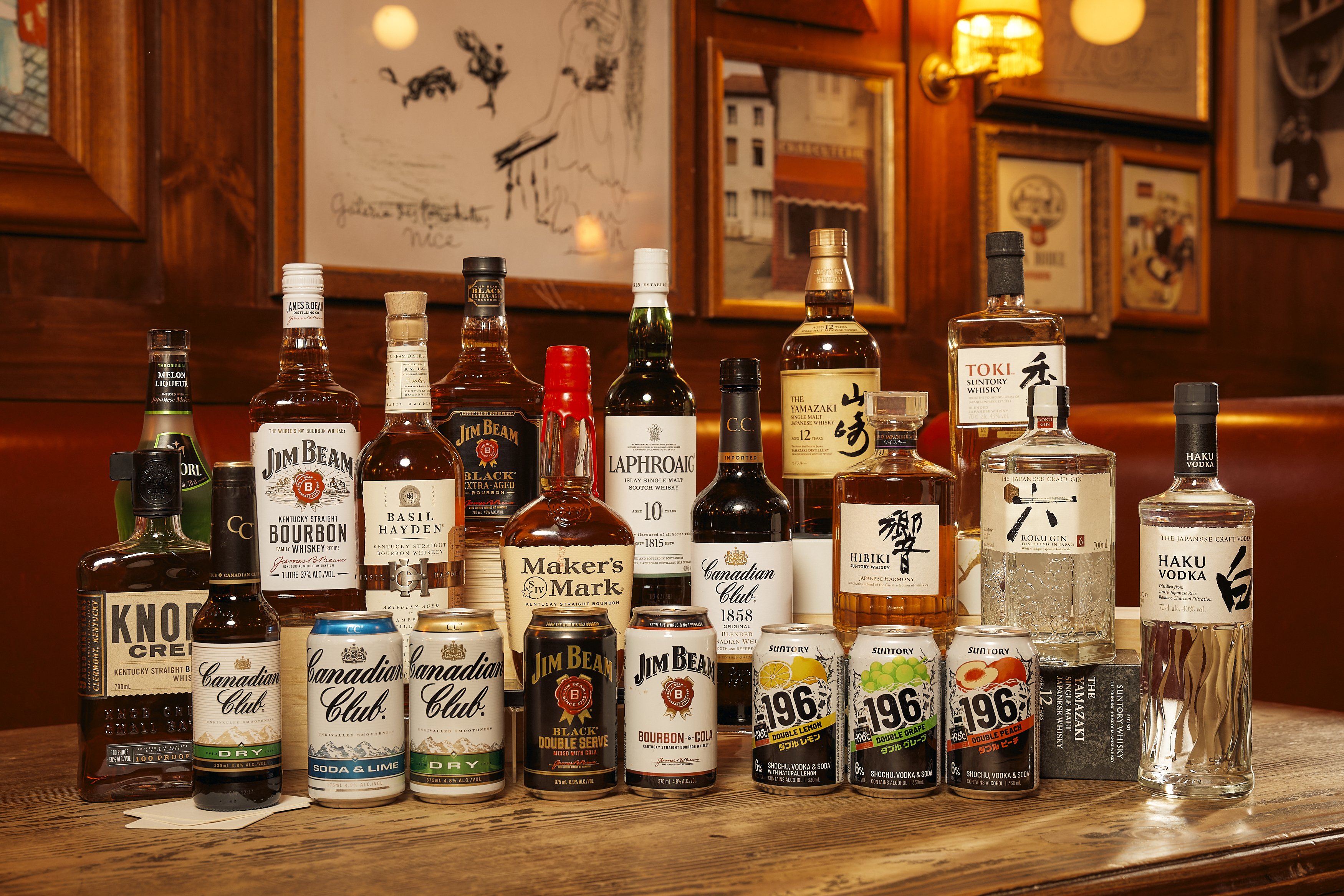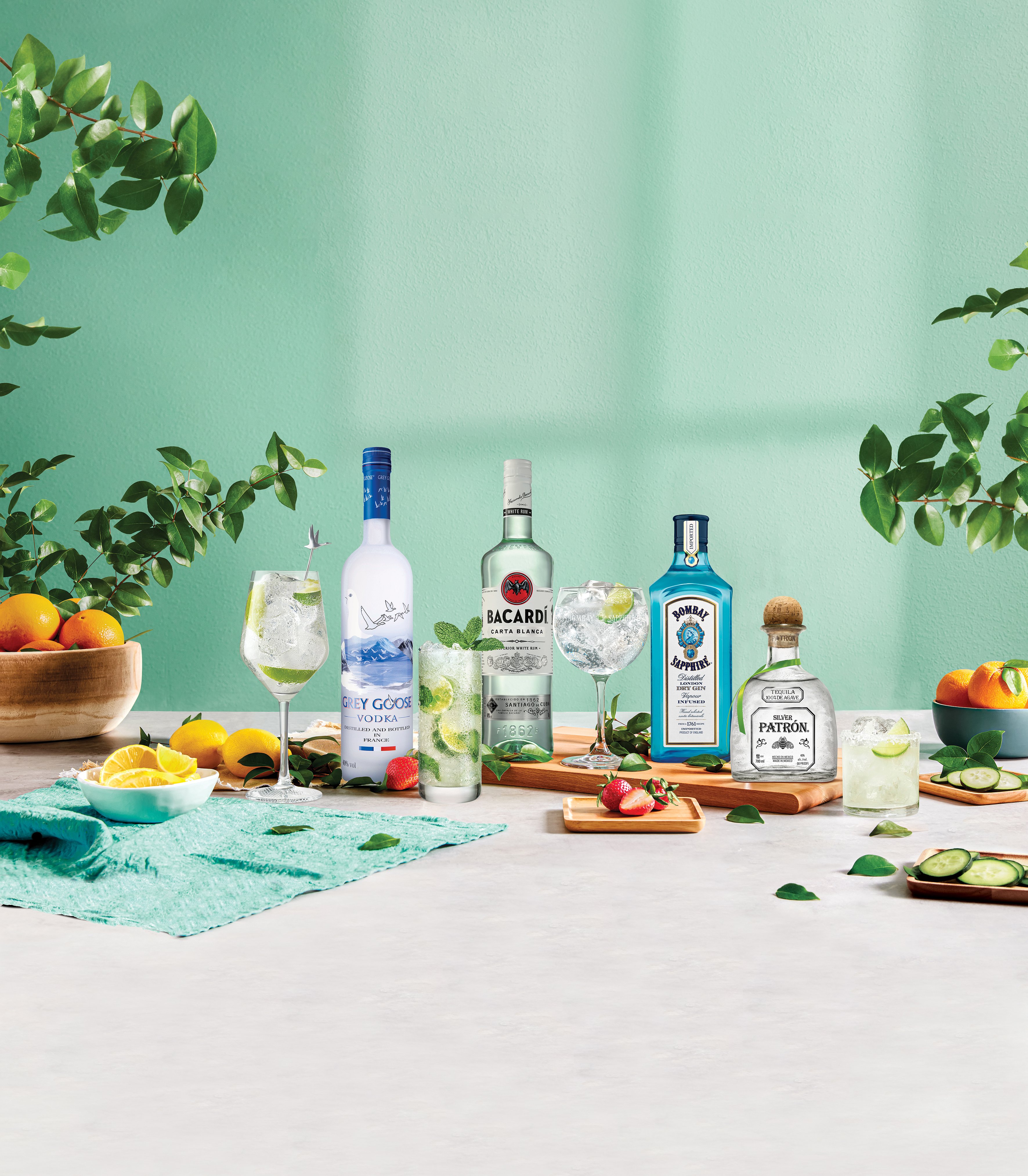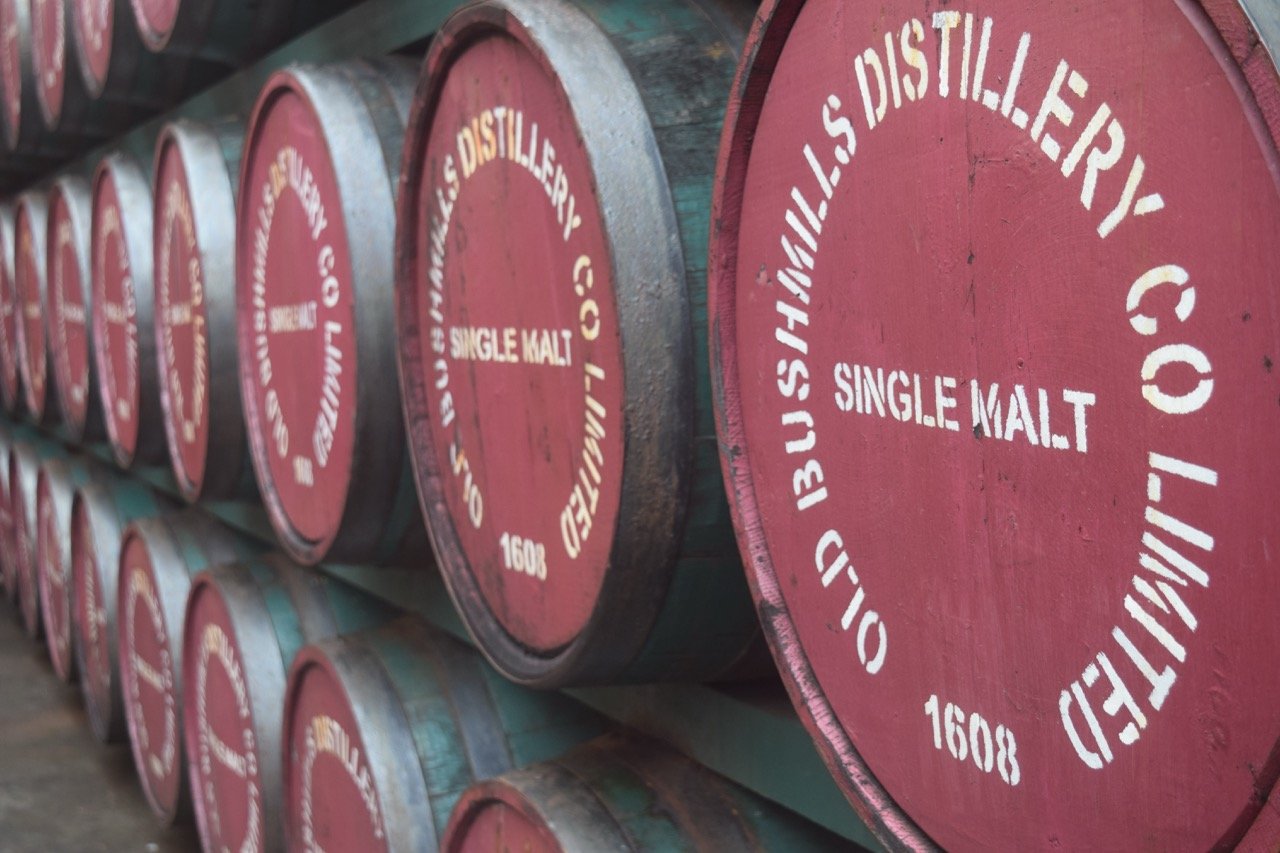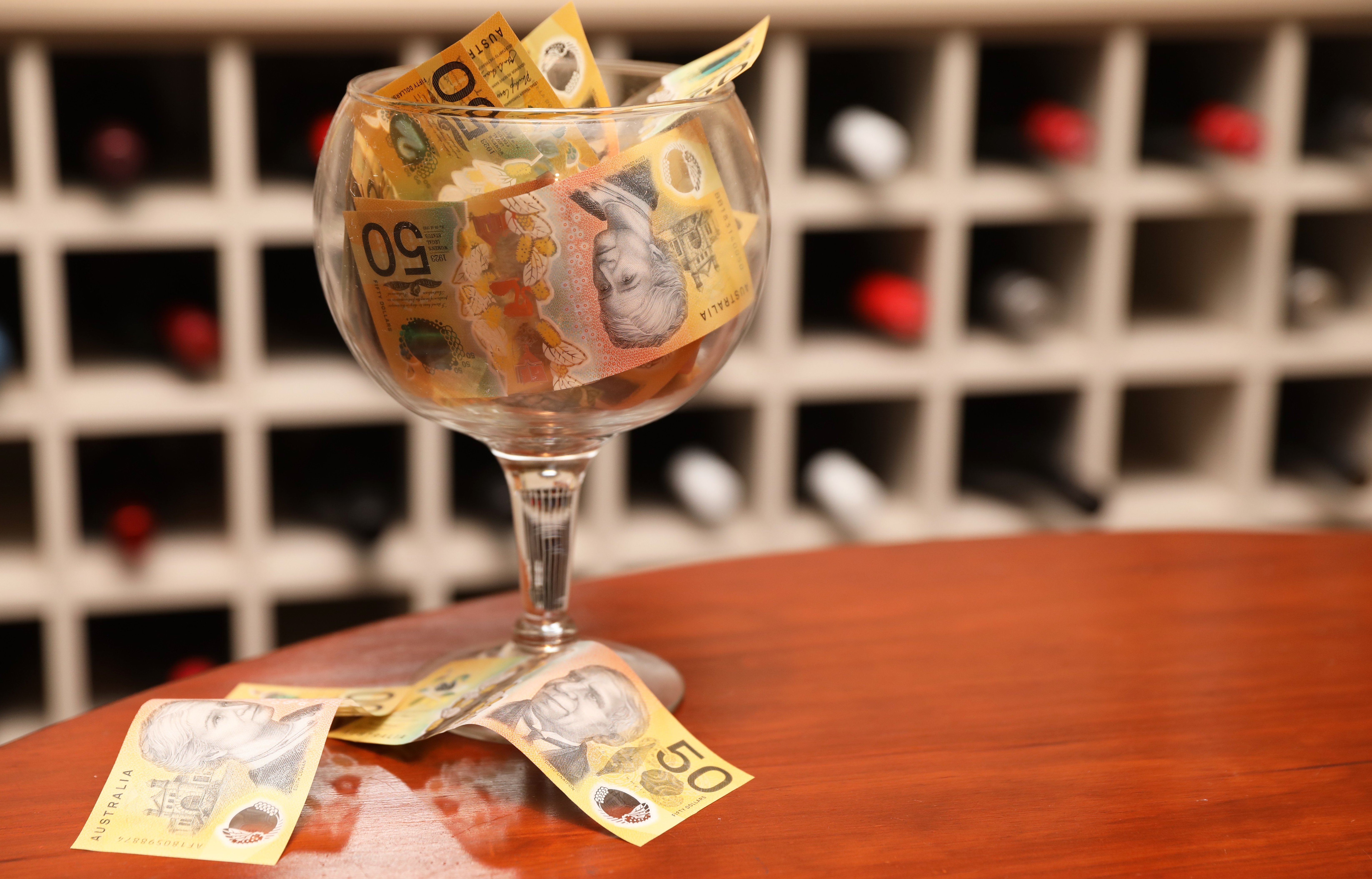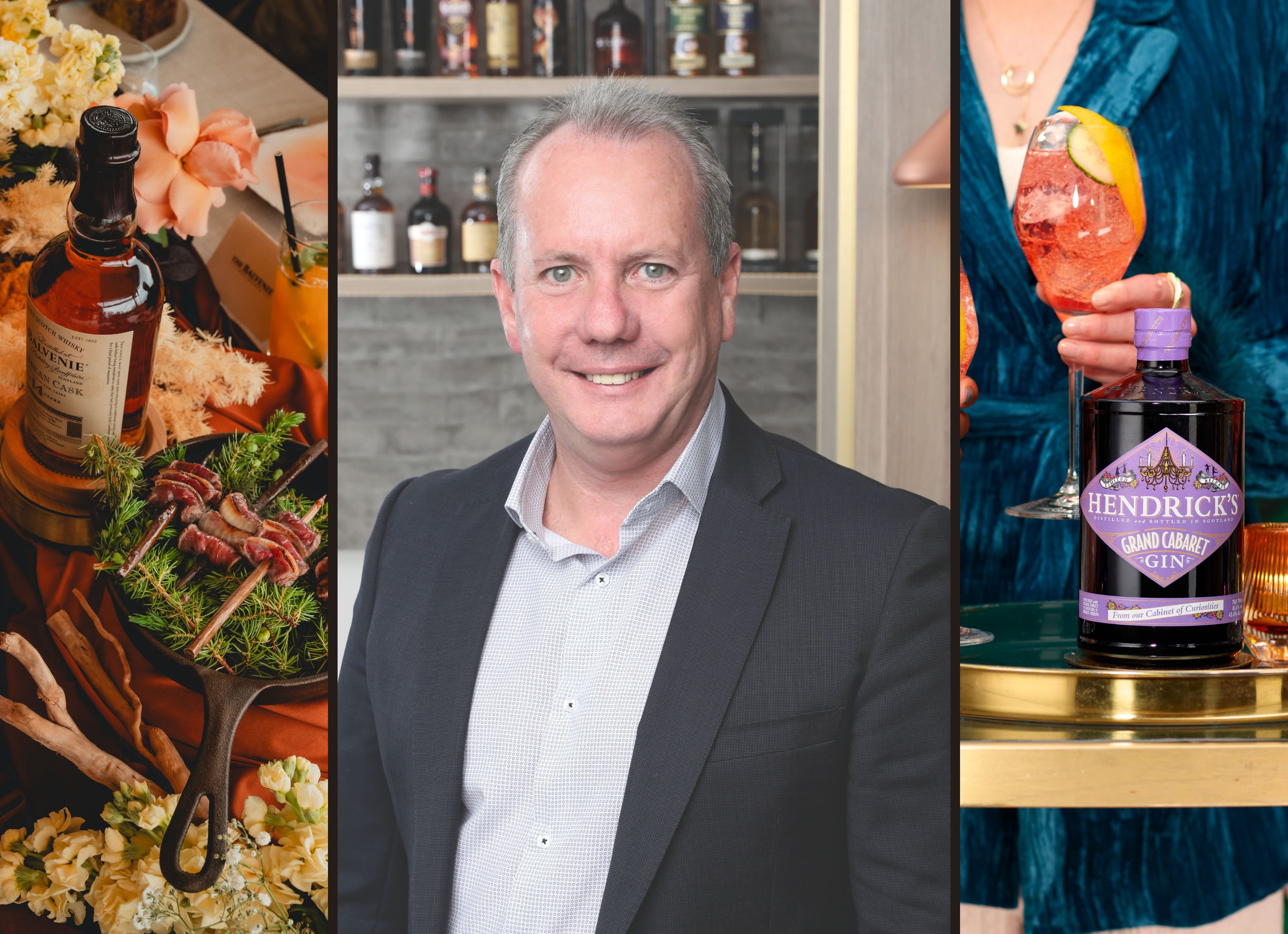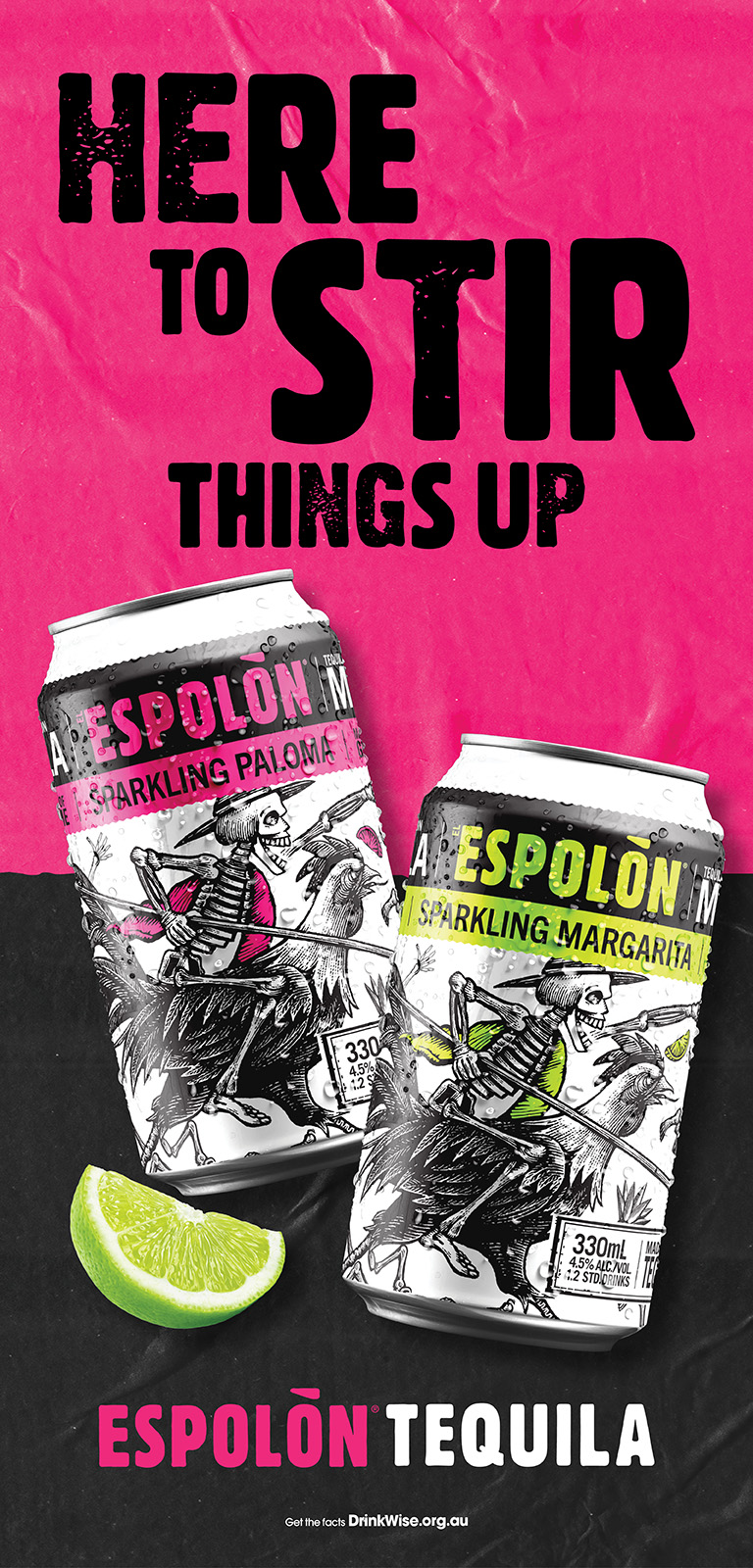On 3 February, Australian spirits producers will be faced with the 76th tax hike in line with CPI inflation since automatic indexation was introduced by Keating in 1983.
This follows on from the latest ABS data naming Alcohol and tobacco as a significant contributing factor to the increase in headline inflation in the year up to November.
Additionally, the Australian Government downgraded taxation revenue forecasts for spirits, beer, and wine in its Mid-Year Economic and Fiscal Outlook 2024–25 as price hikes continue to reduce consumer demand.
Bill Lark and Satya Sharma, Lark Distillery's Founder and current CEO, both believe Australia’s spirits sector is well positioned for an export boom similar to that experienced by Australia’s wine sector a generation ago.
Bill Lark said, “I have no doubt that Australian whisky can become globally recognised and sought after, just like Japanese whisky has over the last ten years … This would be transformative for Tasmania and other regional communities where many of Australia’s 700-plus distilleries are located.”
Satya Sharma added, “what we are lacking is a megaphone, in the form of Federal Government investment to help raise awareness of the innovative liquid and authentic stories that we know will resonate with spirits consumers overseas.”
Currently ranked 29th globally, Australia’s spirits sector generated $112 million in revenue in Financial Year 2023, significantly less than the $2.1 billion generated by Australia’s wine industry.
Tasmania alone has more than 80 distilleries - the largest number per capita of any state or territory - which collectively support 2,300 jobs and contribute $300 million in added revenue. It also has a higher rate of exporting businesses, with 41% of distilleries already exporting their products compared to just 17% nationally.
Despite this, 40% of Australian distilleries are currently exploring export opportunities for the future.
CEO at Spirits & Cocktails Australia Greg Holland says “spirits manufacturers are being held back by a tax that is already five times higher than that of wine.”
Paul McLeay, CEO of the Australian Distillers Association, believes “the Government can provide immediate support for our industry by working with us to accelerate spirits exports.
“Not only will this deliver on its trade diversification goals, but it will also support the current economic priorities of growing domestic manufacturing and increasing employment opportunities, particularly in the regions,” he continued.
“Spirits by their very nature are ideally suited to exporting, with an almost indefinite shelf life, and Australian distillers have a global reputation for the quality and distinctiveness of their products.”
Analysis conducted last year by Mandala and commissioned by the Australian Distillers Association and Diageo Australia has demonstrated that Australian spirits exports could grow to reach $1 billion by trade value if Federal Government policy and regulatory barriers such as the spirits excise tax are revised.
“We've found that most of the policy settings are right there: our proximity to Asia, the quality of our products, the desire to have Australian products that are very desirable on the world stage,” Paul McLeay told Drinks Trade.
“We have great success in things like our other food and beverage offerings, and the only thing holding us back is this ever increasing excise … The time to act is now, and we're saying the urgency is there - certainly the products are there, the brand awareness is there - but what we do need is some relief to enable us to capture that value.”
//
The billion-dollar bootleg alcohol trade in Victoria recently uncovered by police
Interview: Australian Distillers Association CEO says tax freeze calls “falling on deaf ears”
Industry stakeholders voice concerns ahead of second biannual spirits tax increase for 2024
Share the content
